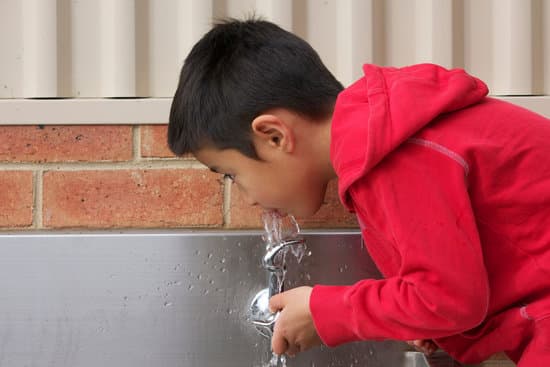A new state law enacted in July 2021 requires New Jersey water systems to replace lead service lines (LSLs) within 10 to 15 years. Due to the age of its housing stock, New Jersey is estimated to have 350,000 LSLs, the fifth highest of all states, and at an average cost of $6,700, the total price tag is projected to be approximately $2.3 billion. To discuss this challenge, as well as best practices that could ensure a timely, cost-efficient response, a Jersey Water Works (JWW) conference session featured a panel of experts that included many prominent members of the JWW Lead in Drinking Water Task Force.
Tiffany Stewart, Newark Municipal Administrator and Assistant Director of the Department of Water and Sewer Utilities, highlighted the city’s LSL replacement program, which has replaced nearly 23,000 LSLs in a little over two years, a task that has typically taken other cities around the country between 20 and 25 years to accomplish. The city now stands as a national model. Newark arranged a unique funding source that involved both the renegotiation of land leases with the Port Authority of New York and New Jersey and the issuance of highly-rated bonds through the Essex County Improvement Authority. But the secrets of its success include several other key factors as well:
- The City made the program mandatory, passed a local ordinance that authorized access to private property for the purpose of replacing the customer-owned portion of the LSL, and empowered tenants to provide access if landlords were not available, the latter of which was vital in light of the fact that 75% of city residents reside in rental housing.
- The City eliminated the $1,000 cost share that it originally charged, enabling contractors to replace LSLs across entire neighborhoods. Contractors were given performance targets identifying the number of LSLs that must be removed each month, and the City closely monitored progress.
- A robust website provided address-specific information on service lines per household and enabled residents to electronically file necessary forms.
- Lastly, trusted community organizations were given a prominent role in conveying information to city residents, a step that ensured that they acted promptly to protect their families.
Patricia Ingelido, Director of the New Jersey Department of Environmental Protection’s (DEP’s) Division of Water Supply and Geoscience, highlighted the impact of a new state law, enacted in July 2021, (new Law P.L. 2021, c.183) that authorized a statewide LSL replacement program. Water utilities face a series of deadlines as outlined below:
- Jan. 22, 2022 – submit an initial service line inventory to the DEP.
- Feb. 21, 2022 – notify property owners of known LSLs.
- July 22, 2022 – forward an updated service line inventory and file a LSL replacement plan with the DEP.
- July 22, 2023 – file an updated service line inventory and continue to refine that document thereafter until all LSLs have been replaced.
Mike Furrey, founder of Agra Environmental and Lab Services, highlighted the Lead in Drinking Water Task Force’s recent creation of a Lead Service Line Implementation Workgroup, which will identify best practices that should be of interest to small- and medium-sized water utilities that may lack the resources to comply with the statutory goal of replacing LSLs in 10 years. The Workgroup, which held its kickoff meeting on Dec. 22, 2021, includes two subcommittees. The Communications and Compliance subcommittee will initially focus on measures to accelerate a service line inventory, a key first step in the LSL replacement process, and how best to communicate the results of that effort to water customers. The other subcommittee on Contracting Efficiency will concentrate on how to ensure the best price for LSL replacement projects and alternative methods of accomplishing that work. The Workgroup will meet monthly and share best practices and pertinent reports for consideration by the DEP.
Shereyl Snider, East Trenton Collaborative community organizer, emphasized the importance of public outreach, which is particularly important in urban communities in which personal interaction, communication, and trust are necessary to be truly effective. City residents are often more receptive to messages conveyed by local organizations (including faith-based institutions) and—in some cases—door-to-door canvassing by trusted community leaders. Communication of the dangers of lead exposure will be absolutely critical to ensuring public health, particularly for vulnerable children, in the remaining years before LSLs are completely removed.
Don Shields, Vice President of Engineering at New Jersey American Water (NJAW), discussed several best practices that NJAW has already implemented, including the use of predictive modeling that analyzes available data on housing stock and information provided by its field crews to determine the likelihood of LSLs across its service area, which includes over 700,000 service lines. NJAW is particularly concerned about galvanized lines, which are defined as LSLs in the new state statute.
To review the session via video, click here.
